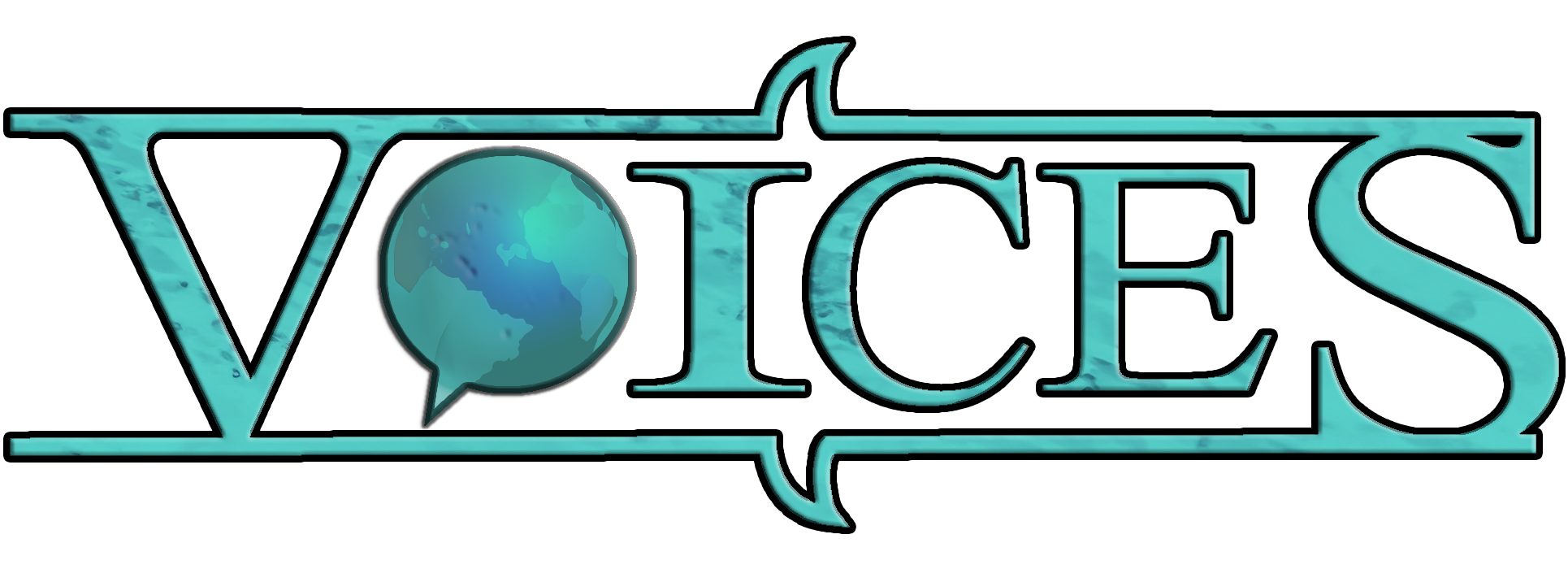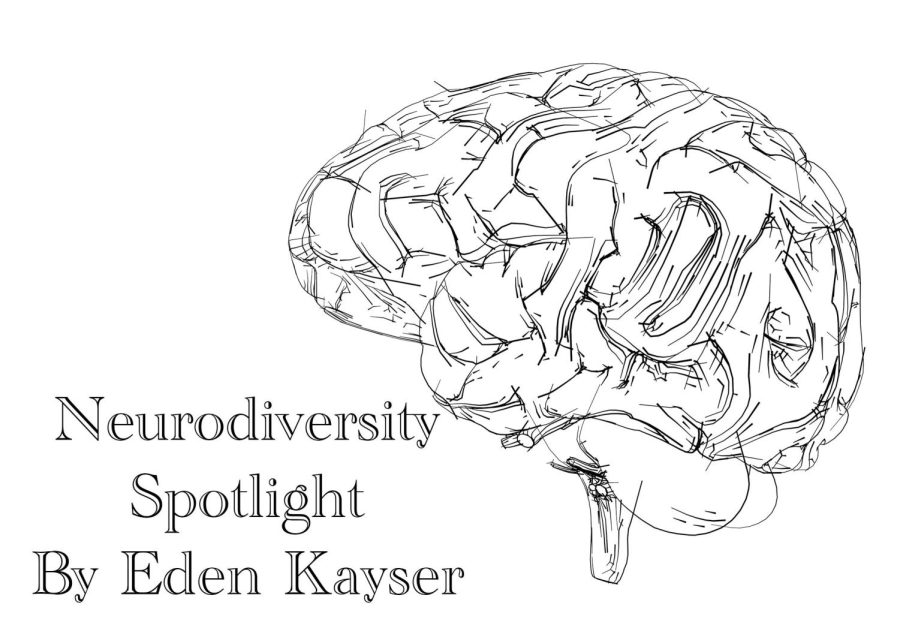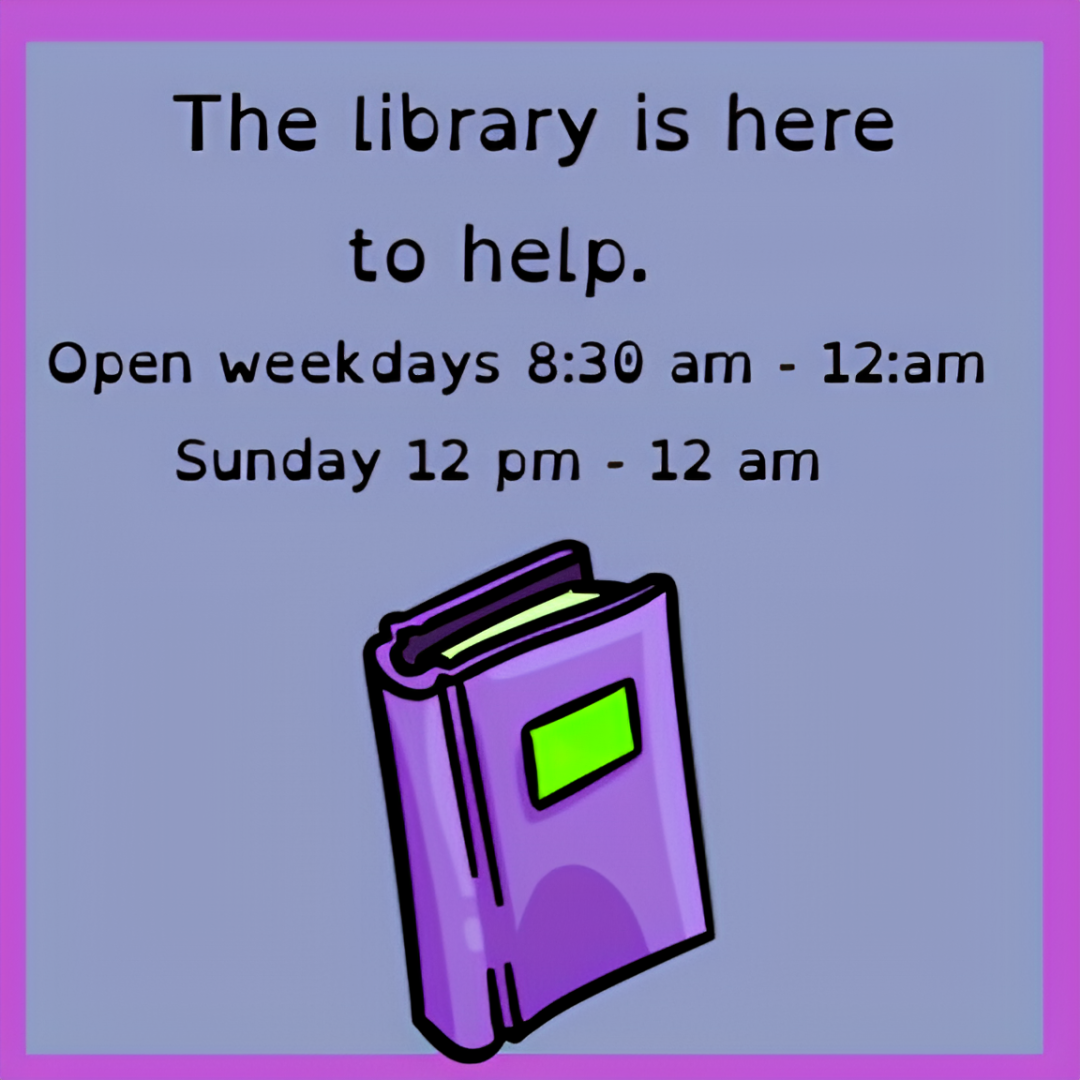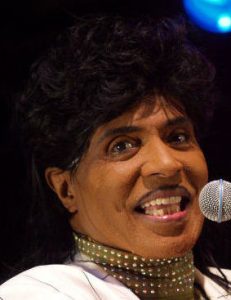Neurodiversity Spotlight – Dr. Guillermo Merelo
Email Signature Spreads Awareness of Dyslexic Communication
February 15, 2023
Many neurodiverse individuals feel as if they need to hide their diagnosis, quirks, and challenges from friends, society, and especially the workplace. In my experience, I was taught that the world would not be accepting and you have to adapt to it. You simply can’t remove something you’re born with or pretend it’s not there, that’s just not the way the world works, believe it or not.
Dr. Guillermo Merelo is the Diversity Manager at Diversity Works New Zealand. He was born in Mexico, where he learned to hide his dyslexia out of shame. When he moved countries, masking his condition became harder when he had to speak another language. Guillermo realized he wanted to stop misconceptions about dyslexia and became more transparent about it, so he changed his email signature to:
“This communication has been written by a dyslexic person. If you have any trouble with the meaning of any of the sentences or words, please do not be afraid to ask for clarification. Remember that dyslexics are often high-level conceptualizers who provide ‘out of the box’ thinking (Dyslexia Foundation New Zealand)”
Guillermo wanted to end the assumption that leaving spelling or grammar errors in an email is a sign of ignorance, lack of education, or laziness. He shared his signature on LinkedIn, where it has received over 20,000 views and positive comments. His signature has also started conversations and raised awareness about how neurodivergence can affect how we communicate and that neurodivergence is nothing to be ashamed of.
Guillermo’s email signature is an example of how you can professionally disclose a diagnosis in a workplace. Not only does it explain that he may make some errors in a message, but he also encourages the recipient to reach out if they are confused by his meaning. This shows that he wants to ensure clear communication and doesn’t want people to assume otherwise just because of some mistakes in his wording.
The positive response of Guillermo’s signature shows that the world can be more accepting of neurodivergence, the more we open up and start a conversation about it. “If we put shame aside and have an open conversation, it will help people find the amazing value that everyone can contribute to the workplace,” he said in an interview.
Guillermo doesn’t let his dyslexia get in the way of work performance and communication. Instead of pretending it’s not there or ignoring the challenges, he discloses it to co-workers and clients to promote understanding and support of neurodivergence. If everyone was more transparent about their neurodivergent identities, we would find more acceptance and accommodation in the workplace, as well as less neurotypical expectations and negative assumptions over one’s challenges with communication, executive functioning, learning, or social behavior.







Lee Crocker • Feb 23, 2023 at 3:37 pm
Eden, this is a great article. You’ve written it clearly. It caught my attention, and it’s a fascinating piece. Thanks, Lee Crocker